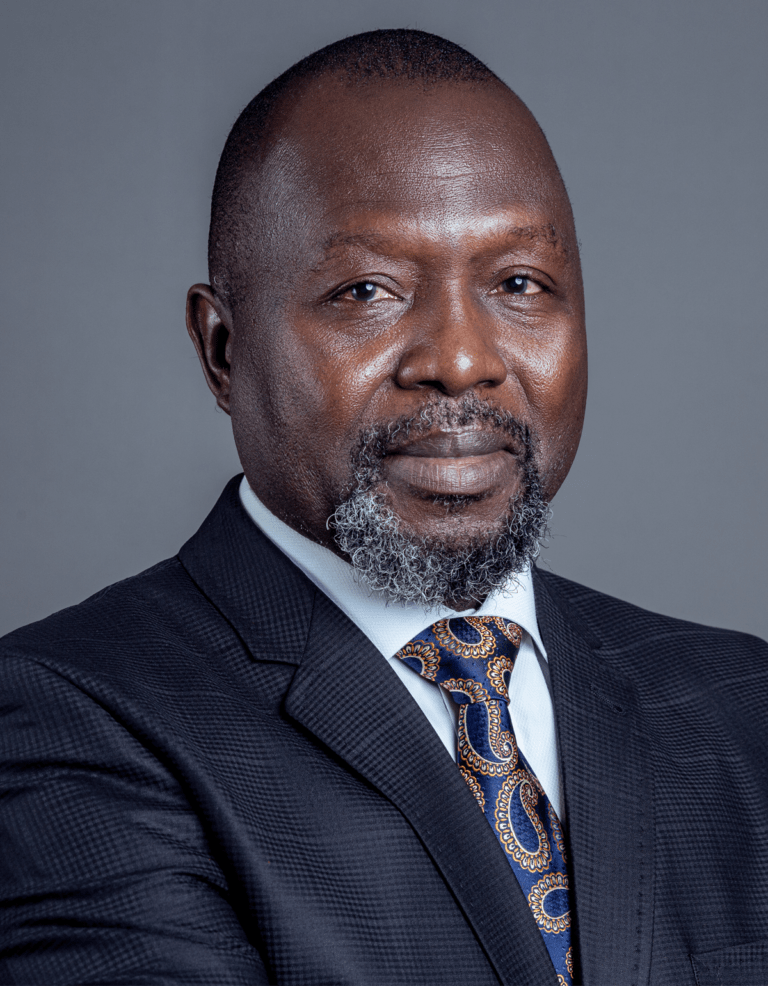
Constitutional lawyer Mr. Paul Kumi has shared his thoughts on the Attorney General and Minister of Justice’s decision to withdraw certain cases from court.
Speaking with Citizen Kofi Owusu on Ahotor FM, Mr. Kumi described the Attorney General’s move as lawful and appropriate. He explained that the Attorney General has the constitutional authority to discontinue cases without being compelled to provide explanations to the public. According to him, this power is anchored in Articles 88 and 298 of the 1992 Constitution, which outline the discretionary authority of the Attorney General.
He noted, however, that while the Constitution permits such actions without explanation, it also emphasizes the responsible and intentional exercise of discretionary power. Mr. Kumi commended the Attorney General for going a step further by explaining the rationale behind his actions. He suggested that this approach fosters transparency and strengthens public trust in the justice system.
“Under Article 88, the Attorney General can exercise nolle prosequi without explaining to anyone. However, Article 298 highlights the importance of ensuring that such powers are exercised responsibly and in alignment with constitutional principles. By providing explanations for his decisions, the Attorney General has demonstrated accountability and respect for the rule of law,” Mr. Kumi added.
He urged stakeholders to focus on understanding the legal framework governing the Attorney General’s powers rather than questioning actions that are constitutionally justified. According to him, such discussions will enhance public confidence in the justice system and promote good governance.
Constitutional lawyer Mr. Paul Kumi has shed light on the factors that influence the duration of court cases, emphasizing that there is no fixed timeline for resolving legal matters.
Speaking in an interview, Mr. Kumi explained that the complexity of a case, the nature of the issues raised in court, and the number of witnesses involved all play critical roles in determining how long a case might take. He noted that while some cases are straightforward and can be resolved quickly, others are more complex and require additional time and resources to address effectively.
“In recent times, case management conferences have introduced case plans with timelines. For instance, during these conferences, parties outline the number of witnesses, and lawyers indicate the time required for cross-examinations. For example, the first prosecution witness may need a specific amount of time for cross-examination. However, whether a case is delayed or not largely depends on how the presiding judge manages their court,” Mr. Kumi stated.
He further highlighted that unforeseen issues often arise during trials, necessitating adjustments that could prolong proceedings. According to him, no one can definitively predict the exact duration of a trial.
“You can not just say, ‘I’ll give you one month to finish this case.’ It all depends on the dynamics of the trial, including the judge’s management style and the various issues that may come up along the way,” he added.
Mr. Kumi urged stakeholders in the legal system to focus on efficient case management and collaboration to ensure that justice is delivered in a timely and effective manner.
Story by: Mercy Addai Turkson #ahotoronline.com




